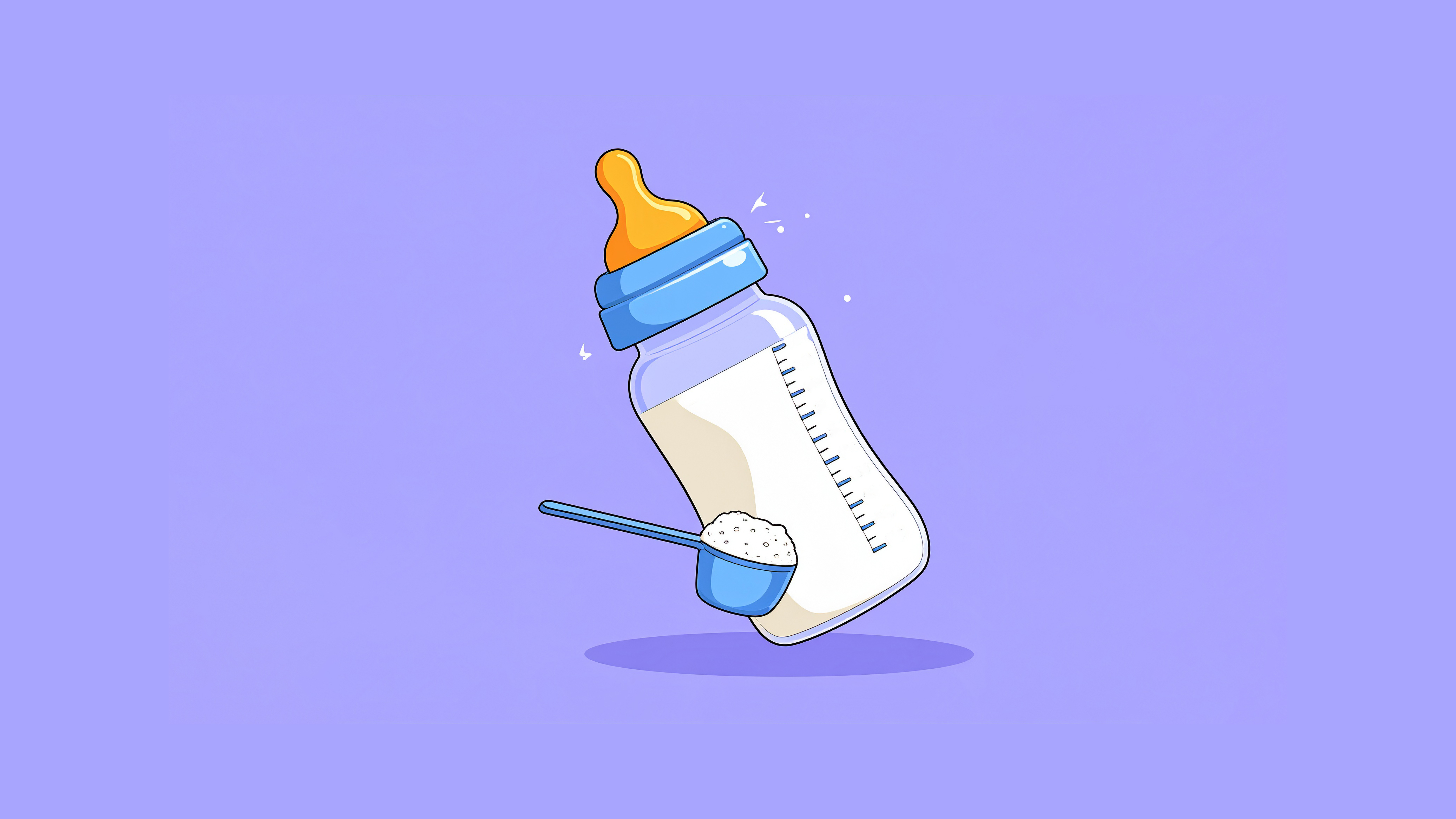That “just this once” bottle of baby formula in the hospital? It might have bigger consequences than you think. Canadian researchers have discovered that even short-term formula feeding can alter a baby’s gut bacteria within months, potentially increasing their risk of becoming overweight later in life.
We all know breastfeeding is best for babies – but do you know why? It’s not just about nutrition. Breastmilk actively shapes your baby’s gut bacteria, creating a protective microbiome that fights disease, boosts brain development, and helps prevent childhood obesity. But here’s what most parents don’t realize: those gut microbes are doing far more than we ever imagined.
How Formula Feeding Changes Baby’s Gut Bacteria in Just 3 Months
New findings by Canadian researchers shed new light on the importance of gut bacteria in relation to breastfeeding and overweight infants4. Forbes and colleagues performed a large study involving 1087 infants, in which they showed that the timing and type of supplement feeding play a crucial role in the risk of developing obesity later in life. And guess what? This was all largely due to bacteria in the babies’ gut!
In this study, approximately half of the infants were exclusively breastfed, while the other half received formula as their source of nutrition. The team showed that as early as 3-4 months after birth, the infant’s gut microbiome is altered depending on the type of feeding – formula versus breastmilk. They revealed that these differences were linked to the risk of developing obesity after 1 year of age. The breastfeeding infants had a high abundance of beneficial bacteria, such as Bifidobacteriaceae, which could protect them from being overweight later in life, while the formula-fed infants had plenty of Lachnospiraceae – previously linked to weight-gain in obese mice5.
Is Formula Good or Bad for Babies?
Formula isn’t inherently harmful, but there are better options. Even minimal formula use can have concerning effects, as this research shows.
The study found that babies who received formula for just a few days in the hospital – while otherwise being breastfed – still had fewer beneficial gut bacteria months later.
Specifically, these infants had lower amounts of helpful Bifidobacteriaceae bacteria at 3-4 months old compared to babies who were only breastfed. This shows that even short-term formula exposure can change a baby’s gut microbiome for months afterward.
Complementary Foods: A Better Choice Than Formula at 6 Month
Here’s some encouraging news for parents: introducing solid foods at 6 months appears to be much gentler on your baby’s gut than adding formula. The researchers found that babies who received complementary foods (like pureed vegetables and fruits) alongside breastfeeding had gut bacteria very similar to exclusively breastfed babies.
This suggests that when it’s time to expand your baby’s diet, choosing real foods over formula helps maintain the healthy microbiome that breastfeeding established. Unlike formula supplementation, which shifts the bacterial balance toward less beneficial species, solid foods seem to support the gut’s natural development.
For parents who need to supplement but want to protect their baby’s microbiome, this research suggests waiting until 6 months and choosing age-appropriate solid foods rather than turning to formula.
While obesity has many causes – including genetics, overall calorie intake, and diet quality – this research highlights something important: the feeding choices we make in our baby’s first months can influence their health for years to come. The good news is that understanding these effects gives parents more tools to support their child’s long-term wellbeing from the very beginning.


